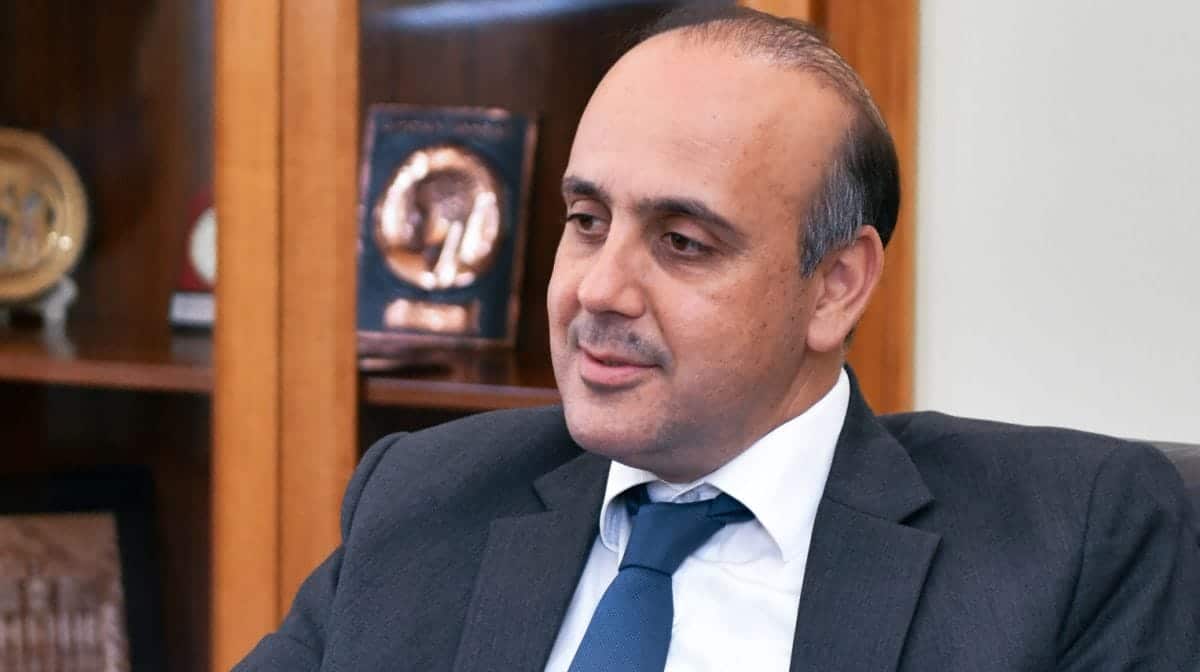Paphos mayor Phedonas Phedonos will focus his efforts to improve the health, housing, education and cultural sectors, he said on Tuesday when he officially accepted another term as mayor.
Phedonos, who was the incumbent, said that an ambitious but feasible goal is to transform the Paphos hospital into a university hospital and that it should be linked to a medical school. This, he said, is a key objective because with this interconnection there will be an upgrade.
A first step has been taken by the state but other crucial steps remain, he added.
In addition, he said that the American University of Beirut has actively expressed its interest in establishing a medical school in Paphos, while Neapolis University has also expressed its intention.
Regarding the issue of housing, Phedonos stressed the need for social housing, given the increase in rents and house purchase prices. He added the municipality has already proceeded for some years to prepare a master plan to build 1,400 and more such houses.
He also referred to the construction of student residences that is currently underway, adding that these will be inaugurated on September 25 this year. They include 203 rooms, 100 rooms with a rent of €350 and 103 with a rent of €550.
On education, he said that 60 per cent of the population of Paphos now has an immigrant or refugee background which, he said, creates serious problems in public schools and as a result the education offered to young people is lagging behind. This issue has found the education system in Cyprus unprepared, and initiatives must be taken, he said.
Regarding the projects for the five-year period 2024-2029, Phedonos said that there are 43 projects which are already maturing. Indicatively, he referred to the Centre for Hospitality and Employment of the Elderly and the Centre for Youth Entrepreneurship and Vocational Training.
He said that during the first nine years as mayor, a total of 94 projects and 16 actions in a wide range of sectors were implemented in Paphos, with a total budget of €220 million. Of these, 19 projects with a budget more than €114 million were co-financed or are still co-financed by the EU.
This modern and thriving city, he continued, “will become a regional centre of university education and at the same time a regional hub for the establishment of innovative research and technology companies. It will be a smart and digital city, where the urban environment and greenery will coexist in harmony”.
The 94 projects of the nine-year period have brought tangible results, and the next projects will bring great benefits, he concluded.






Click here to change your cookie preferences